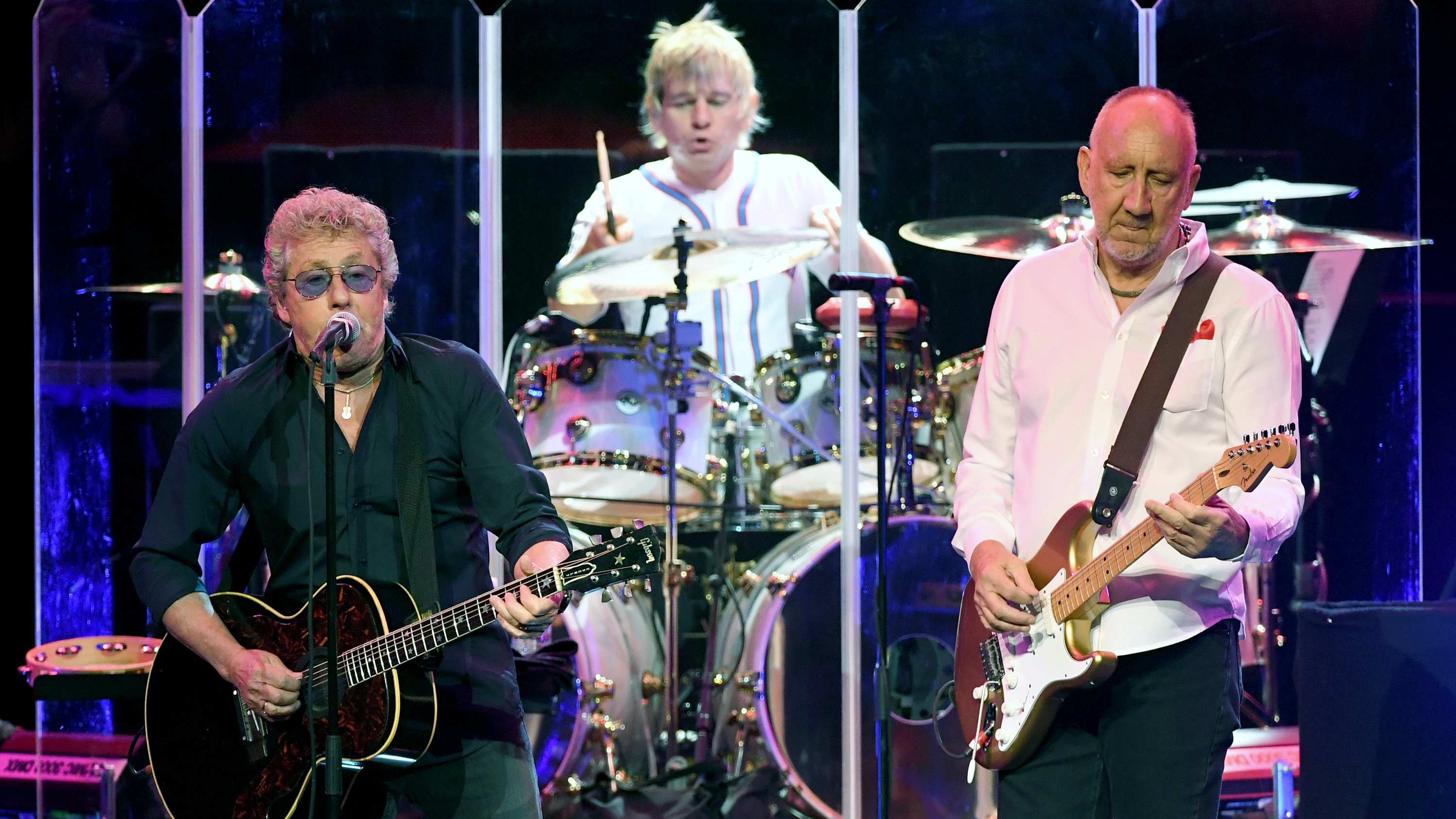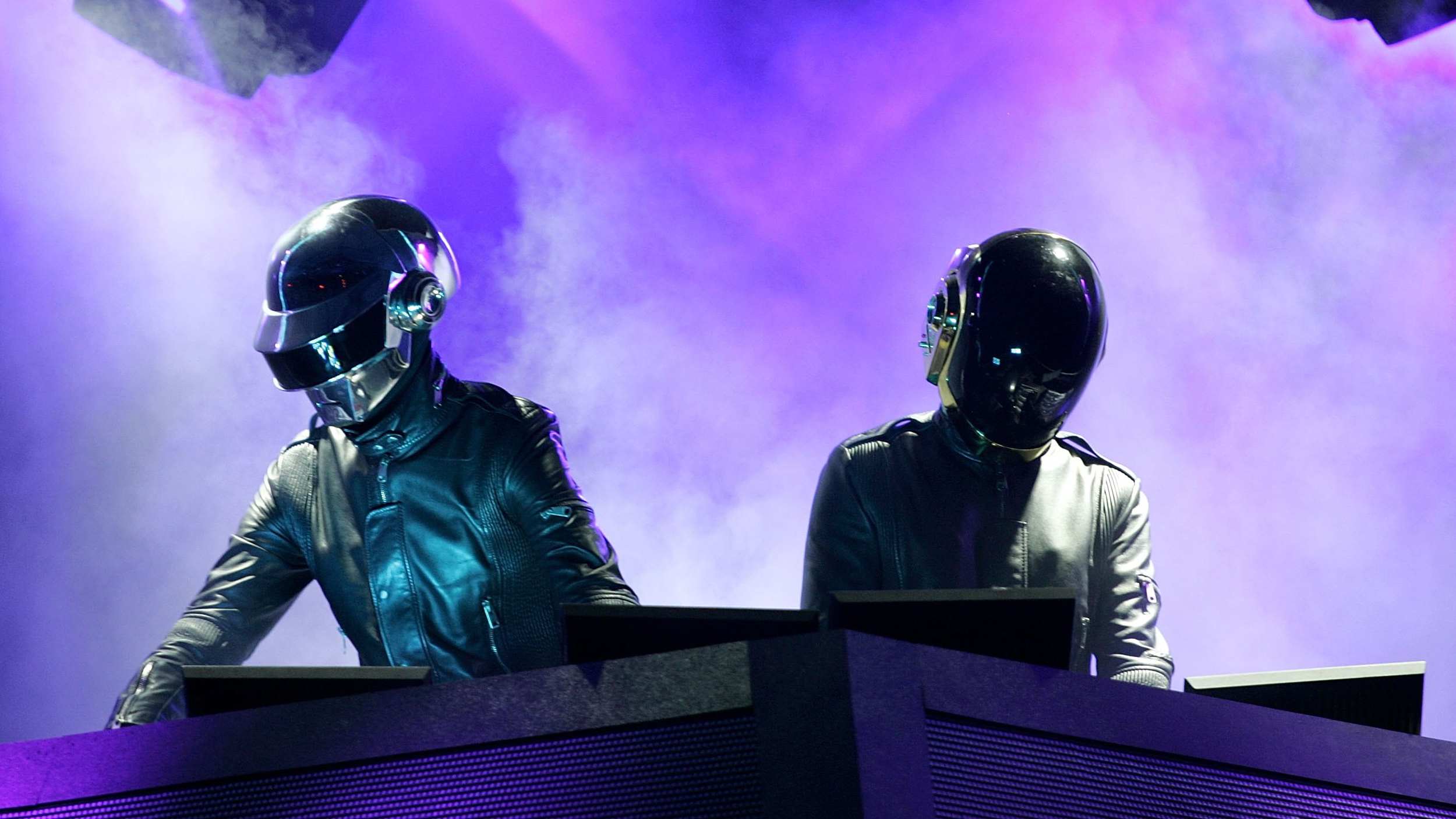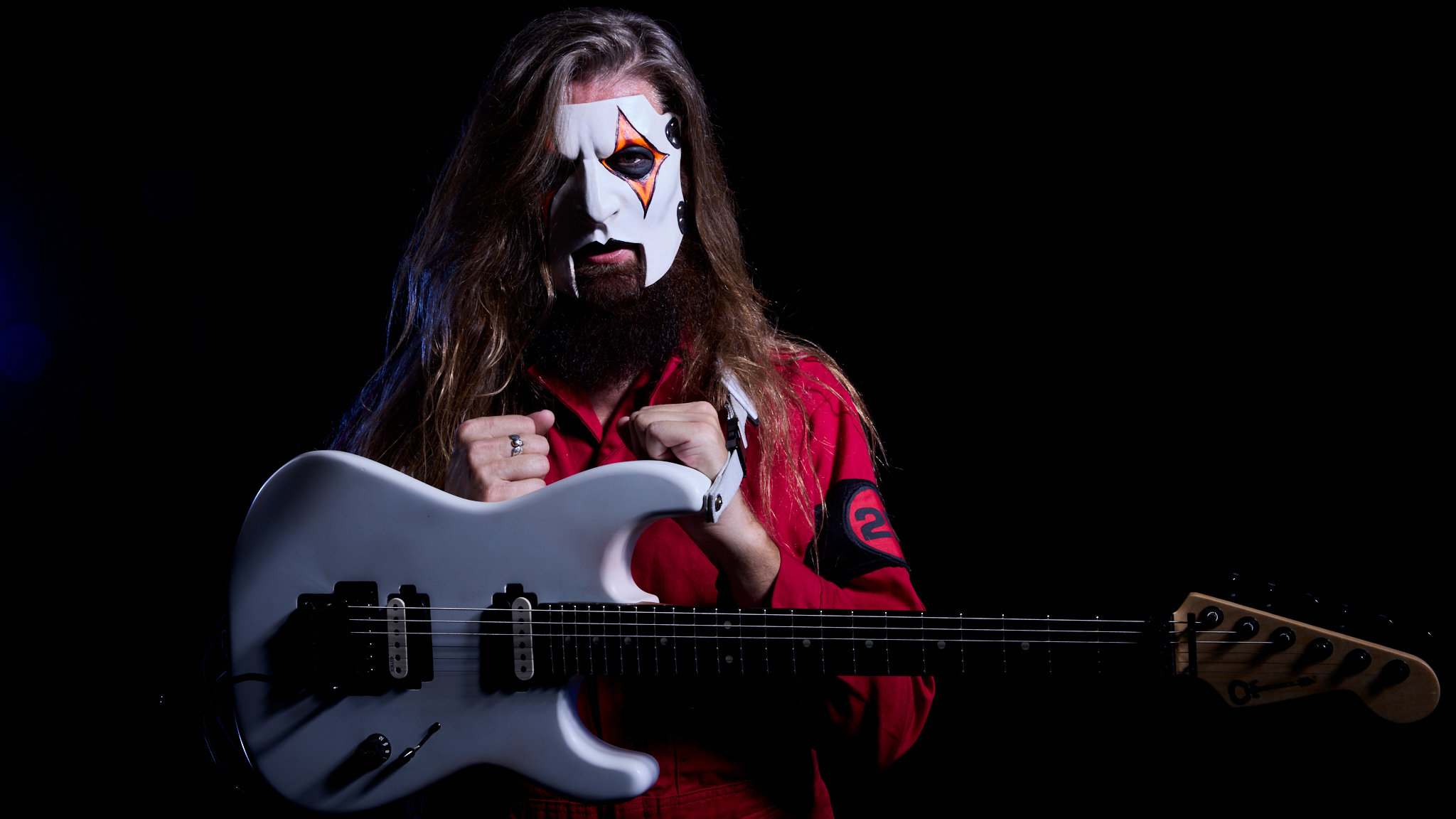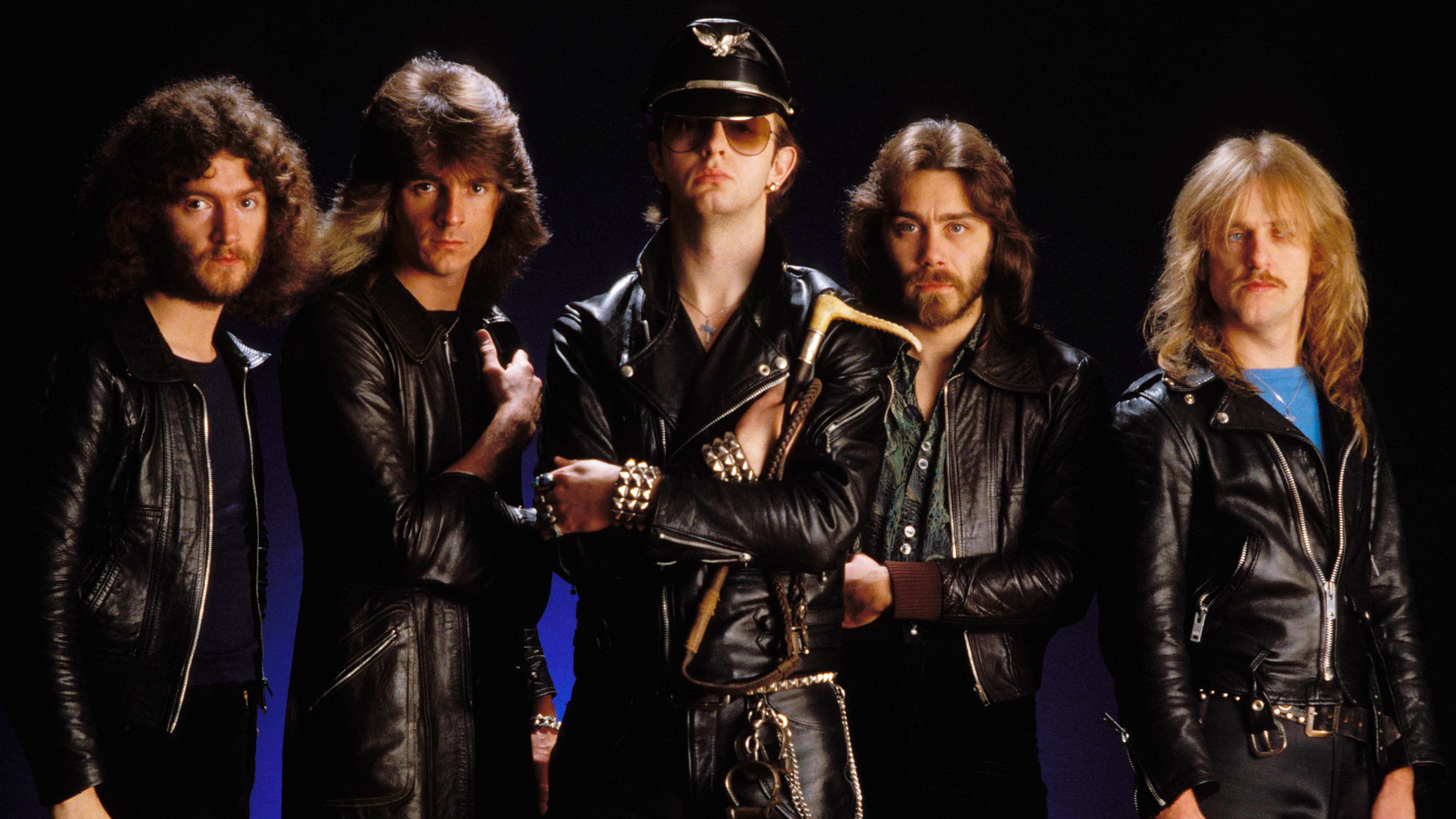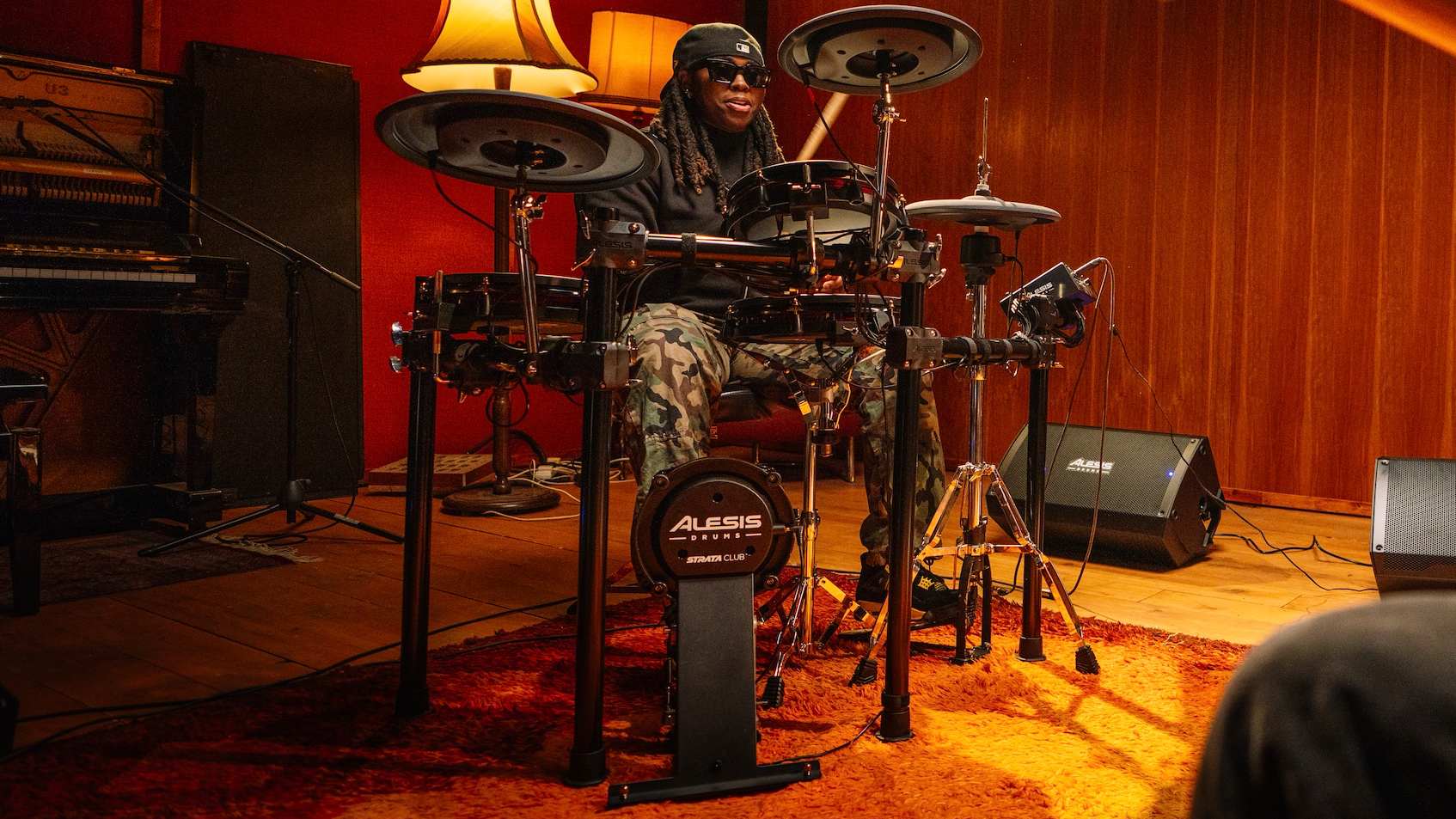Apple says that its new iPad Pro is “more powerful than most Windows PC laptops”
11- and 12.9-inch models promise the highest performance yet seen in an iPad
Apple has announced that it’s releasing new versions of its iPad Pro, and is continuing to pitch its most powerful tablets as potential replacements for your laptop. In fact, it’s saying that they’re “faster and more powerful than most Windows PC laptops,” which is quite a claim.
Inside both the 11-inch and 12.9-inch models you’ll find the new eight-core A12Z Bionic chip, which, predictably enough, is said to deliver the highest performance yet seen in an iPad. There’s an edge-to-edge Liquid Retina display, while the built-in LiDAR scanner is designed to enhance the AR experience.
• The best iPads for musicians and producers 2020: top Apple tablets for music-making
With the launch of iPadOS 13.4, there’s also trackpad support - this is coming across the iPad range on 24 March - and there’s a new Magic Keyboard that, with its scissor mechanism and 1mm of travel, promises the best typing experience yet on the iPad. This has a trackpad built into it, too.
On the audio side, we’re told that the iPad Pro now has five “studio-quality” mics built into it and comes with four-speaker audio.
Prices start at $799/£769 for the 11-inch iPad Pro, and $799/£969 for the 12.9-inch model. In each case, this gets you a WiFI-only model with 128GB of storage, though you can spec up to 1TB, and cellular options are also available.
The Magic Keyboard will be available in May for $/£299 for the 11-inch iPad Pro and $/£349 for the 12.9-inch iPad Pro.
Get the MusicRadar Newsletter
Want all the hottest music and gear news, reviews, deals, features and more, direct to your inbox? Sign up here.
You can find out more on the Apple website.
- Find the best cheap iPad deals online right now




I’m the Deputy Editor of MusicRadar, having worked on the site since its launch in 2007. I previously spent eight years working on our sister magazine, Computer Music. I’ve been playing the piano, gigging in bands and failing to finish tracks at home for more than 30 years, 24 of which I’ve also spent writing about music and the ever-changing technology used to make it.

